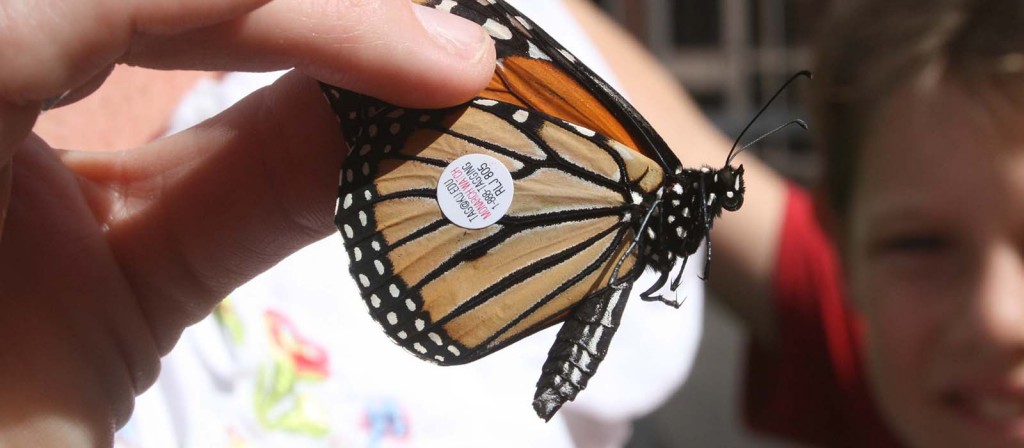A teacher’s perspective.
by Shirlee Krantz, retired 2nd grade Science teacher at Robinson Elementary
Friday was garden day for my class. A day we always looked forward to.
The students loved it because they got to go outside to; explore, find bugs, dig in the dirt and watch butterflies and birds. Ms. Baker always had a challenge for us, a question to find the answer to, something to search for, and a place to record our observations and use some new vocabulary words. And always free time to wonder and discover on their own.
The garden belonged to the students. They helped build it, they planted the seeds, and it was their responsibility to help the plants grow. When the vegetables were harvested, even students who said they “hated tomatoes,” found these to be yummy.
As a teacher I loved seeing my students act like young scientists. Their natural curiosity came out as they explored, asked questions and were awed by what they discovered. My students did some of their best science work in the garden, putting to practice skills we learned in the classroom: making and recording observations, measuring, noting changes over time, classifying, predicting, and coming up with and finding answers to their own questions.
Science was real to us, and thus more engaging and meaningful.
Meeting science TEKS in the Garden
Laboratory and field investigations are an important part of the Texas Essential Knowledge and Skills (TEKS) for science. The garden is a perfect place to provide these opportunities. As students investigate and interact directly with nature they are practicing using science knowledge and skills specified in TEKS.
TEKS for K, 1, and 2 emphasize recording observations, collecting data, and making comparisons. Older students further analyze their data, discuss what they mean, develop an understanding of science concepts and apply these to the world around them.
